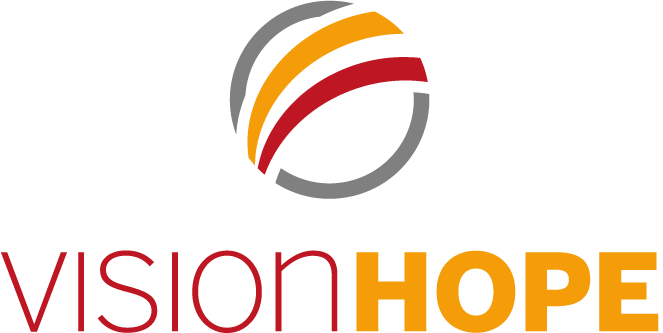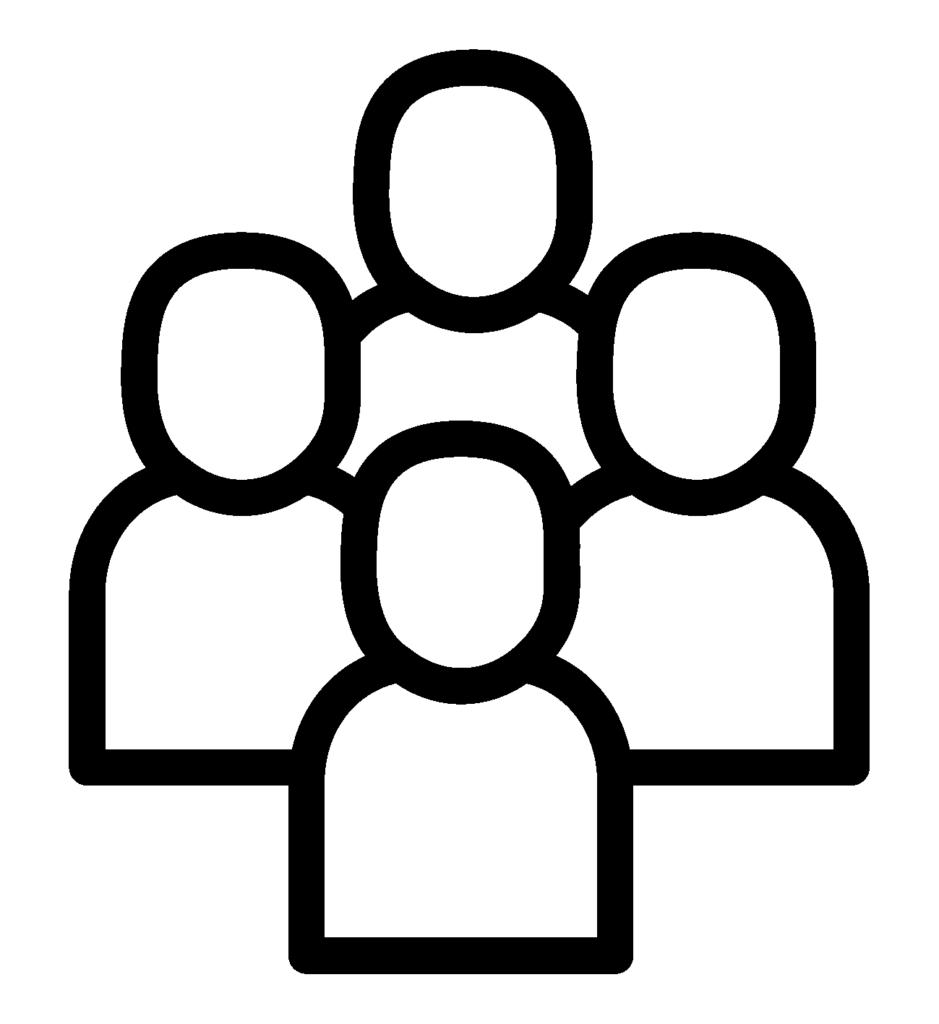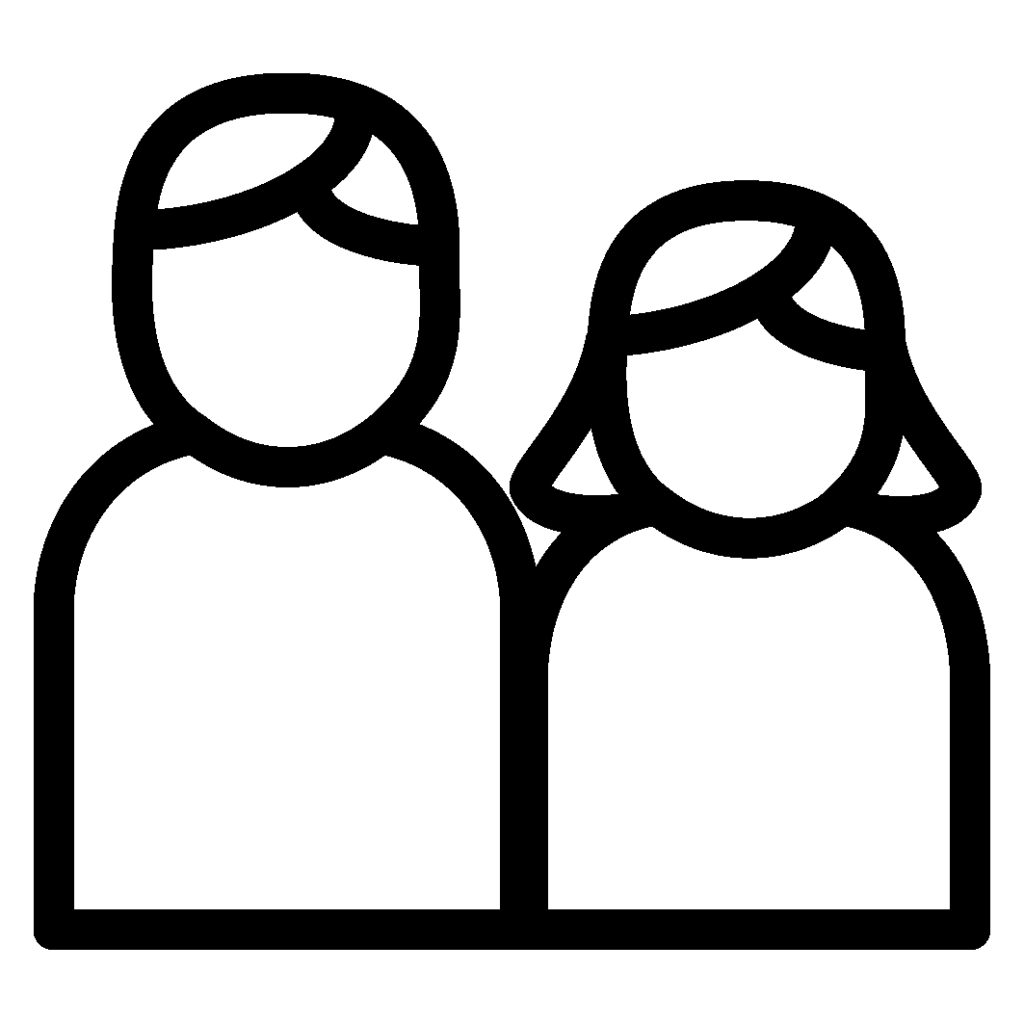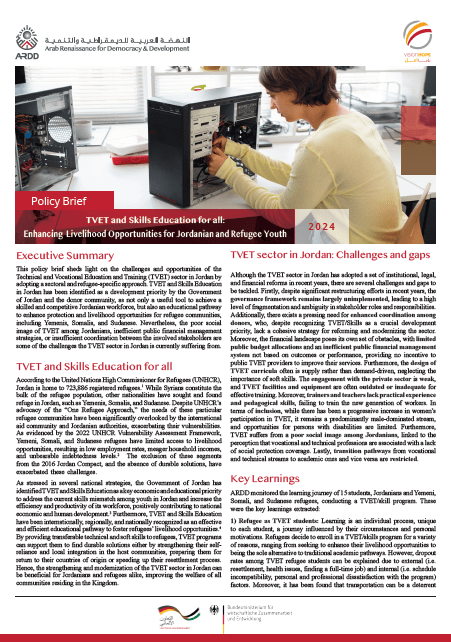Education
Helping Syrian Refugee Education:
Sustainable, AI-Enabled Learning Systems in the Jordanian Education Sector
Project: Building sustainable, AI-enabled learning systems in the Jordanian education sector: strengthening capacity and preventing school dropouts
Approach: Development
Donor: BMZ
Partner: Arab Renaissance for Democracy
and Development and Branches of Mercy
Budget: 555,556 EUR
Beneficiaries: 2,626
Duration: 2024-2028
The Jordanian education sector faces significant challenges, leading to high dropout rates. Contributing factors include increased socioeconomic pressure, outdated educational methods, and insufficient infrastructure, particularly in regions like Karak. A new project aims to address these issues and specifically improve Syrian refugee education.
Urban Expansion, Refugee Influx, and Societal Impacts
The rapid urban expansion in Amman and the influx of refugees have strained educational resources, resulting in overcrowded classrooms and infrastructural bottlenecks. Linguistic and cultural differences further complicate the integration of refugees. The consequent high dropout rate has far-reaching societal impacts, as dropouts often end up in low-paying, low-skilled jobs. Additionally, girls are disadvantaged due to early marriage and household duties. Modern technologies such as digital learning and artificial intelligence (AI) offer a solution by providing personalized and adaptive learning experiences that can reduce dropout rates and support Syrian refugee education by improving educational outcomes.
Teacher Training and Infrastructural Challenges
To successfully help Syrian refugees within the Jordanian education system, careful planning, adequate teacher training, and improved infrastructure are essential. There is a lack of continuous professional development and the necessary infrastructure and hardware. A significant barrier to the adoption of modern technologies is the inadequate training of teachers. Many are not familiar with modern teaching tools like AI and are skeptical of new technologies. The project aims to overcome these barriers by funding targeted training in AI tools and digital learning methods, which should help reduce dropout rates and support improved education for Syrian refugees within the Jordanian education system.
AI Learning as a Solution
The project focuses on introducing AI in schools and is expected to directly benefit 2,560 students aged 12-16 in Karak and Amman, many of whom have a migration background. In total, 2,626 people will directly benefit, with an estimated 6 million indirectly benefiting from the project. The project aims to promote human rights, particularly by facilitating access to quality education for refugees and supporting gender equality. By developing a comprehensive AI curriculum, the project seeks to achieve long-term educational impact, reaching many teachers and students in Jordan and the entire MENA region, enhancing the Jordanian education sector.
Donate now and Help Syrian Refugee Education
Now is the time to donate for Syrian refugee education and support innovative education to improve educational equity in Jordan and beyond! With your donation, you make a significant difference and help provide sustainable education to disadvantaged groups, including refugees. By donating, you directly support Syrian refugee education in Jordan, helping to secure a brighter future for them.

Kindergarden presents an opportunity to intervene and help refugee children get a head start that increases their chances of staying in school and achieving the same educational success as Jordanian children. In addition, transgenerational trauma passed on from parents or caregivers who experienced the violence in Syria can be addressed through play- and art-based curricula. To these ends, Vision Hope has been partnering with two Jordanian NGOs to implement two Hope Kindergardens in the north and south of Jordan. In 2023, 122 children improved their well-being and educational prospects by attending the Hope Kindergardens.
Refugees from Sudan, Somalia, and Yemen living in Jordan’s capital, Amman, experience deep poverty, yet holistic education programs that involve the entire family can help parents advocate for themselves and their children. The Educational Integration project provides opportunities for children and youth to receive formal education and vocational training, as well as for parents to receive training on parenting skills that address the complex needs of refugee children and their legal rights. To improve social cohesion within communities that house large numbers of refugees, this project also targets Jordanian families living in poverty.







